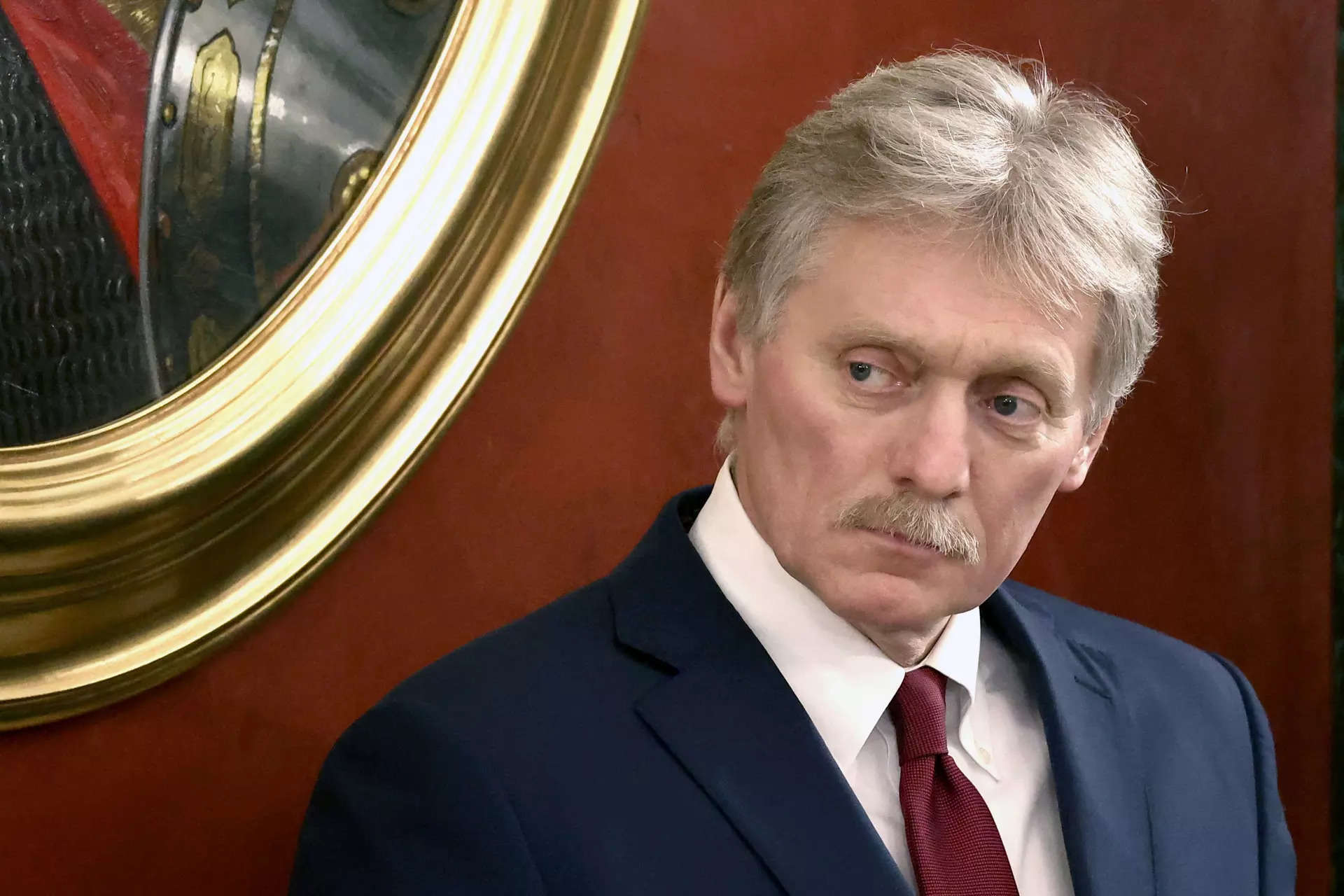Dmitry Peskov, spokesperson for the Kremlin, has labeled the United States as Russia’s “main adversary” in light of escalating geopolitical tensions. This statement reflects the deteriorating relationship between the two nations, which have been at odds over various international issues.
In a recent interview, Peskov said, “Unfortunately, the United States is our main adversary.This is a reality, and this reality should be taken into account.”
Peskov’s comments come amid a backdrop of increased sanctions, diplomatic disputes, and conflicting interests on the global stage. The spokesperson pointed out that the US continues to exert pressure on Russia through various means, including economic sanctions and political maneuvers, which have significantly strained bilateral relations.
He added, “The unfriendly steps of the United States and a number of its allies are not a secret to anyone. They continue to try to exert pressure on our country.”
The relationship between Russia and the US has been fraught with tension for years, with conflicts ranging from cybersecurity issues to military engagements in different regions. Peskov emphasized that Russia is prepared to respond to these challenges but remains open to dialogue under mutually respectful terms.
“We are ready for dialogue, but we will not accept any conditions that infringe on our interests or our security,” Peskov asserted, underscoring Russia’s stance on protecting its sovereignty and national interests.
The Kremlin’s acknowledgment of the US as its main adversary marks a significant moment in international relations, highlighting the persistent and complex nature of their rivalry. This declaration is expected to have implications for global politics, affecting not only US-Russia relations but also the broader international community.
Experts believe that this candid acknowledgment from the Kremlin could further complicate efforts to find common ground between the two superpowers. However, it also provides a clear framework for understanding the current state of their interactions and the challenges that lie ahead.
As the world watches the developments, the international community is likely to closely monitor the actions and responses of both nations in this evolving geopolitical landscape. The prospect of future diplomatic negotiations remains uncertain, with both sides holding firm to their respective positions.
The escalating rhetoric and actions from both countries underscore the urgent need for dialogue and diplomacy to prevent further deterioration of relations and to address the underlying issues contributing to this adversarial stance.
In a recent interview, Peskov said, “Unfortunately, the United States is our main adversary.This is a reality, and this reality should be taken into account.”
Peskov’s comments come amid a backdrop of increased sanctions, diplomatic disputes, and conflicting interests on the global stage. The spokesperson pointed out that the US continues to exert pressure on Russia through various means, including economic sanctions and political maneuvers, which have significantly strained bilateral relations.
He added, “The unfriendly steps of the United States and a number of its allies are not a secret to anyone. They continue to try to exert pressure on our country.”
The relationship between Russia and the US has been fraught with tension for years, with conflicts ranging from cybersecurity issues to military engagements in different regions. Peskov emphasized that Russia is prepared to respond to these challenges but remains open to dialogue under mutually respectful terms.
“We are ready for dialogue, but we will not accept any conditions that infringe on our interests or our security,” Peskov asserted, underscoring Russia’s stance on protecting its sovereignty and national interests.
The Kremlin’s acknowledgment of the US as its main adversary marks a significant moment in international relations, highlighting the persistent and complex nature of their rivalry. This declaration is expected to have implications for global politics, affecting not only US-Russia relations but also the broader international community.
Experts believe that this candid acknowledgment from the Kremlin could further complicate efforts to find common ground between the two superpowers. However, it also provides a clear framework for understanding the current state of their interactions and the challenges that lie ahead.
As the world watches the developments, the international community is likely to closely monitor the actions and responses of both nations in this evolving geopolitical landscape. The prospect of future diplomatic negotiations remains uncertain, with both sides holding firm to their respective positions.
The escalating rhetoric and actions from both countries underscore the urgent need for dialogue and diplomacy to prevent further deterioration of relations and to address the underlying issues contributing to this adversarial stance.
